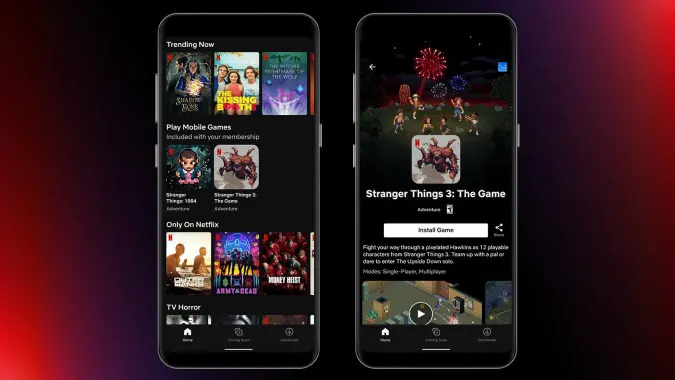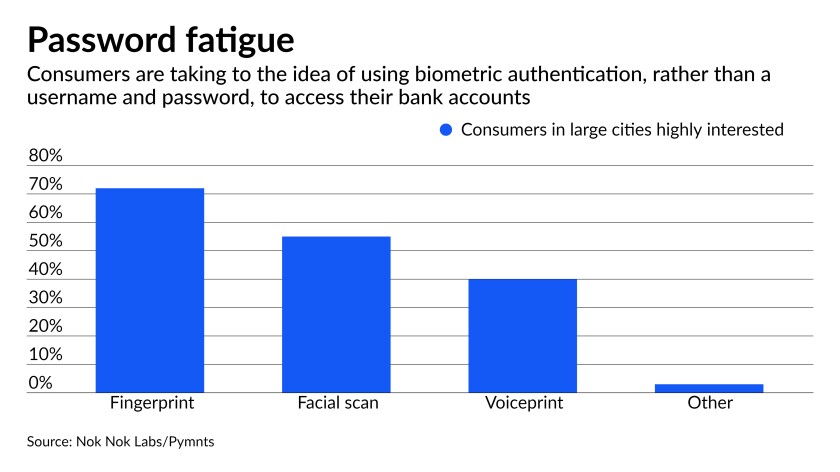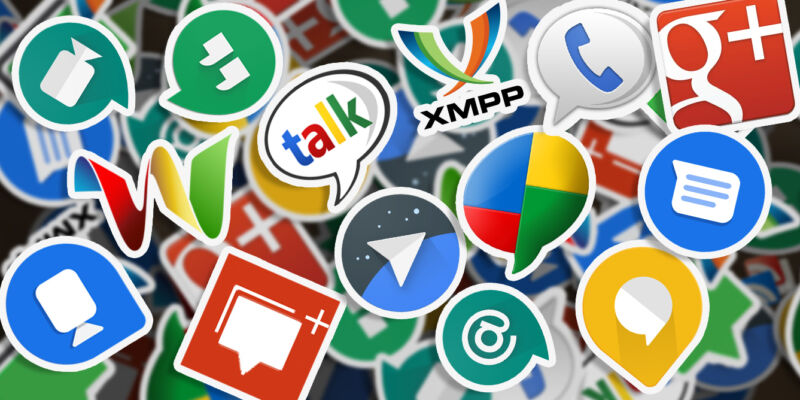Find out the week’s top mobile stories from around the world. Headlines this week include… Hacker claims responsibility for T-Mobile attack, Google and mobile operating systems top list of privacy concerns, Netflix starts testing games in its Android app and much more…

Hacker claims responsibility for T-Mobile attack, bashes the carrier’s security
The Verge
A person claiming to be behind the T-Mobile data breach that exposed almost 50 million people’s info has come forward to reveal his identity and to criticize T-Mobile’s security, according to a report by The Wall Street Journal. John Binns told the WSJ that he was behind the attack and provided evidence that he could access accounts associated with it, and he went into detail about how he was able to pull it off and why he did it.
Read more…
Google and mobile operating systems top list of privacy concerns, says Kaspersky
Tech Republic
Using data gathered over nearly two years, Kaspersky said that its Privacy Checker website indicates that most visitors are concerned over mobile operating system privacy and the privacy of their data captured by Google.
Kaspersky Privacy Checker is a free website where users can choose from three privacy levels (relaxed, medium or tight), four OSes (Windows, MacOS, iOS and Android), and a variety of web services (Instagram, Facebook, Google, etc.) in order to get customized steps for enabling privacy protection features.
Read more…
Netflix starts testing Stranger Things games in its Android app
Engadget
It’s been clear for a while now that gaming will play a significant role in Netflix’s future, and we’re starting to see that play out in the wild. The company is now testing mobile games as part of subscriptions.
Netflix confirmed to Engadget this is the first time it has tested games in its mobile app publicly, but availability is very limited at the outset. “Starting today, members in Poland can try Netflix mobile gaming on Android with two games — Stranger Things 1984 and Stranger Things 3 — all as part of their membership,” a Netflix spokesperson said in a statement.
Read more…
PayPal expands the ability to buy, hold and sell cryptocurrency to the UK
TechCrunch
PayPal will now allow users outside the U.S. to buy, hold and sell cryptocurrency for the first time. The company announced today the launch of a new service that will allow customers in the U.K. to select between four types of cryptocurrencies — including Bitcoin, Ethereum, Litecoin and Bitcoin Cash — which can be purchased using a connected bank account or debit card.
The company first rolled out support for cryptocurrency in the U.S. last fall, in partnership with Paxos Trust Company. That service reached all U.S. customers as of mid-November. PayPal-owned Venmo also added support for cryptocurrency last spring.
AT&T boosts 5G for IoT with Cisco
Capacity
AT&T and Cisco have launched 5G network capabilities that will enhance the performance of IoT applications across the US.
The Cisco-powered AT&T Control Center provides businesses with near real-time visibility of all the IoT devices on their networks, helping mitigate security risks and optimising traffic reporting. Boosted by the capabilities of AT&T’s sub-6GHz 5G network, the operator says enterprises in a variety of sectors can benefit from higher bandwidth and lower latency.
Read more…
TikTok and Shopify team up to launch TikTok Shopping
Internet Retailing
The first retailers can now sell direct to UK customers on TikTok, through a new Shopify pilot.
A limited number of retailers are now taking part in a TikTok Shopping pilot via Shopify. Soon all merchants that sell via Shopify will be able to add a shopping tab to their TikTok profile that enables them to sync their product catalogues in order to create a mini-storefront. That, says Shopify, makes it easier for TikTok creators to sell directly to their customers on the social media platform.
Read more…
Weary of passwords, mobile banking users warm to biometrics
American Banker
Much as banks might want to get rid of the use of usernames and passwords for online and mobile banking, they still bump up against a harsh reality: Nearly 75% of consumers in a recent study said they use that method when logging in to banking accounts.
But consumers are also warming to stronger authentication methods as they become more exposed to them on their smartphones and other devices. And regulatory pressure, both within the U.S. and in other countries, is gradually pushing banks and other companies to reduce their reliance on usernames and passwords. As a result, the day banks can ditch passwords may be coming sooner than once was thought.
Read more…
A decade and a half of instability: The history of Google messaging apps
Ars Technica
Google Talk, Google’s first-ever instant messaging platform, launched on August 24, 2005. This company has been in the messaging business for 16 years, meaning Google has been making messaging clients for longer than some of its rivals have existed. But thanks to a decade and a half of nearly constant strategy changes, competing product launches, and internal sabotage, you can’t say Google has a dominant or even stable instant messaging platform today.
Read more…
Meet The Company Powering App Creation For 50% Of The World’s Mobile Unicorns
Forbes
Here’s an interesting fact: There are software and web developers that have been building web programs and sites for decades. But mobile developers? Even those with the most experience have only been at it for 10 – 15 years.
The genesis of mobile development was the launch of the first-generation iPhone back in 2007. Suddenly, phones that could call, text and email were transformed into pocket-sized entertainment, business, and lifestyle centers where consumers would soon spend way more of their time than they could ever imagine.

:format(webp)/cdn.vox-cdn.com/uploads/chorus_image/image/69780943/acastro_191108_1777_t-mobile_0001.0.0.jpg)











